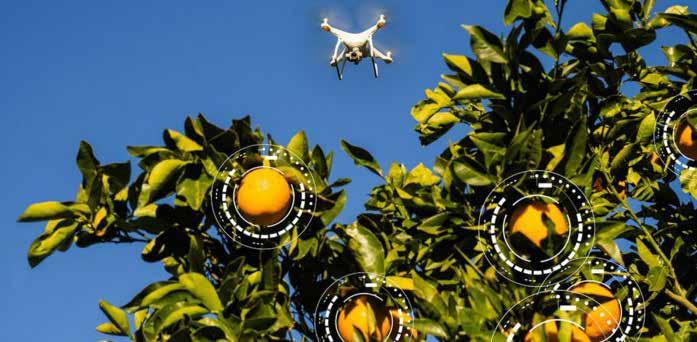NEWS
WITS, YORK UNIVERSITY PARTNER TO LAUNCH THE AFRICA-CANADA ARTIFICIAL INTELLIGENCE AND PUBLIC HEALTH DATA MODELLING CONSORTIUM The University of the Witwatersrand in Johannesburg (Wits) has signed a Memorandum of Understanding (MoU) with York University in Canada to establish the Africa-Canada Artificial Intelligence Data Modelling Consortium. The consortium will research predictive modelling and forecasting of the transmission of COVID-19 on the continent using AI.
P
34
rofessor Rhonda Lenton, President and Vice-Chancellor of York University, and Professor Zeblon Vilakazi, Vice-Chancellor and Principal of the University of the Witwatersrand signed the MoU in a virtual ceremony on 27 January.
tional Development and Research Centre (IDRC) for the Predictive modelling and forecasting of the transmission of COVID-19 in Africa using Artificial Intelligence project. The project builds on an existing South African-led COVID-19 dashboard and modelling developed
The consortium -- which will be co-chaired by Professors Jianhong Wu (York University) and Bruce Mellado (Wits University and iThemba LABS) and include representatives from many African countries -- will create algorithms based on AI to predict the evolution of crises, such as the COVID-19 pandemic, with which to help policymakers and the public manage complex situations. The initiative has received a $1.25 million grant from the Interna-
by Mellado’s Institute for Collider Particle Physics, and transmission models and simulation technologies that have been developed both at York University and at Wits. Wits said in a statement announcing the MoU that these technologies have been widely adopted by government agencies and international organisations in recent months, including the Gauteng Provincial Government. Mellado explained that Particle
SYNAPSE | 1ST QUARTER 2021
Physics harnesses large amounts of data and uses artificial intelligence to understand the data. “These skills are transferrable to the problem solving of complex systems, such as the modelling of the COVID-19 pandemic or future crises. Artificial Intelligence through machine learning provides a unique suite of tools and methodologies that allows analysts to learn from it. This is essential in solving complex modelling problems” he added. Mellado and his colleagues -- Wits pointed out -- view this exercise as a form of technology transfer revolving around skills and knowledge developed in solving problems of fundamental interactions in nature. In solving such problems, they would also be able to create an ecosystem of knowledge in AI that feeds back into Particle Physics. Vilakazi said while the COVID-19 pandemic has disrupted life as we know it, it has also galvanised rapid adaptation to change and the adoption of new technologies. “Wits is proud to collaborate with leading scholars from York University on this multidisciplinary project to develop new technologies to strengthen the fight against COVID-19. We are





























